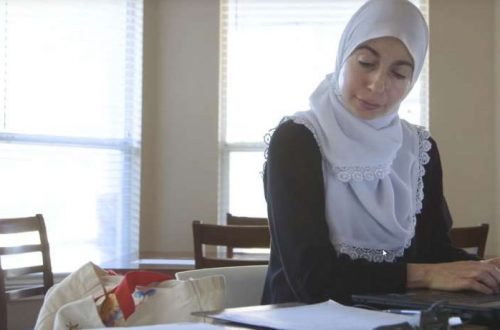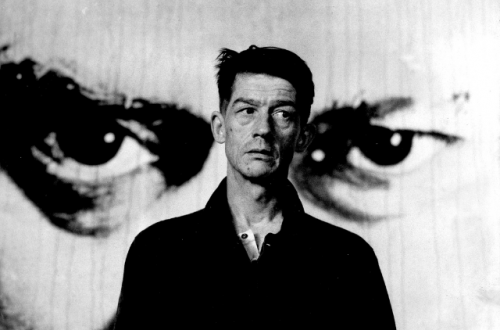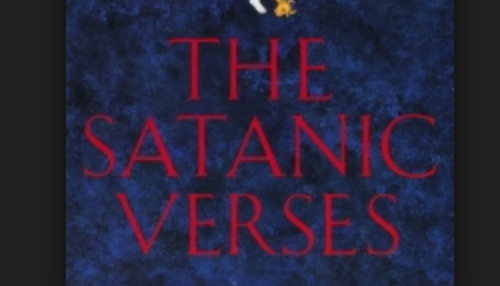Here’s an intriguing little story from Alaska:
The Great Gatsby and Catch-22 among classic books banned from Alaska classrooms
The Independent’s headline is perhaps slightly misleading in using the word ‘banned’, but it is still curious that such mainstream classics have been deemed unsuitable for formal study. This response, from the School Board Vice President, seemed completely over the top, given that some of these books have been school classics for decades.
“If I were to read these in a corporate environment, in an office environment, I would be dragged into EO,” an equal opportunity complaint proceeding, Mr Hart said. “The question is why this is acceptable in one environment and not another.”
Although book ‘bans’ are perhaps, at least in a US context, most associated with forces from the right, particularly the religious right, some of the explanations offered for proscribing these well known texts seemed to reflect preoccupations of the left. Thus ‘racial slurs’ and ‘violence against women’ accounted for the perceived unsuitability of Catch-22. However this report includes some rather different reasoning.
“The Jungle” and “A Christmas Carol” could be interpreted as advocating for socialism, while “A Street in Bronzeville” was called into question for showing too much “realism” in describing racism against African Americans, according to a district memo.
The idea of banning A Christmas Carol, in particular, seemed absolutely ludicrous. (Upton Sinclair’s The Jungle, by contrast, does at least unambiguously advocate socialism!)
As we move towards the weekend, maybe readers would like to give their own rationales for banning classics of literature – leave off the titles so that we can guess. Here are a couple of examples:
- A major character indulges in bestiality while under the influence of drugs
- Depiction of childbirth in unsanitary conditions; major characters evade decree of Amazing and Totally Great ruler





